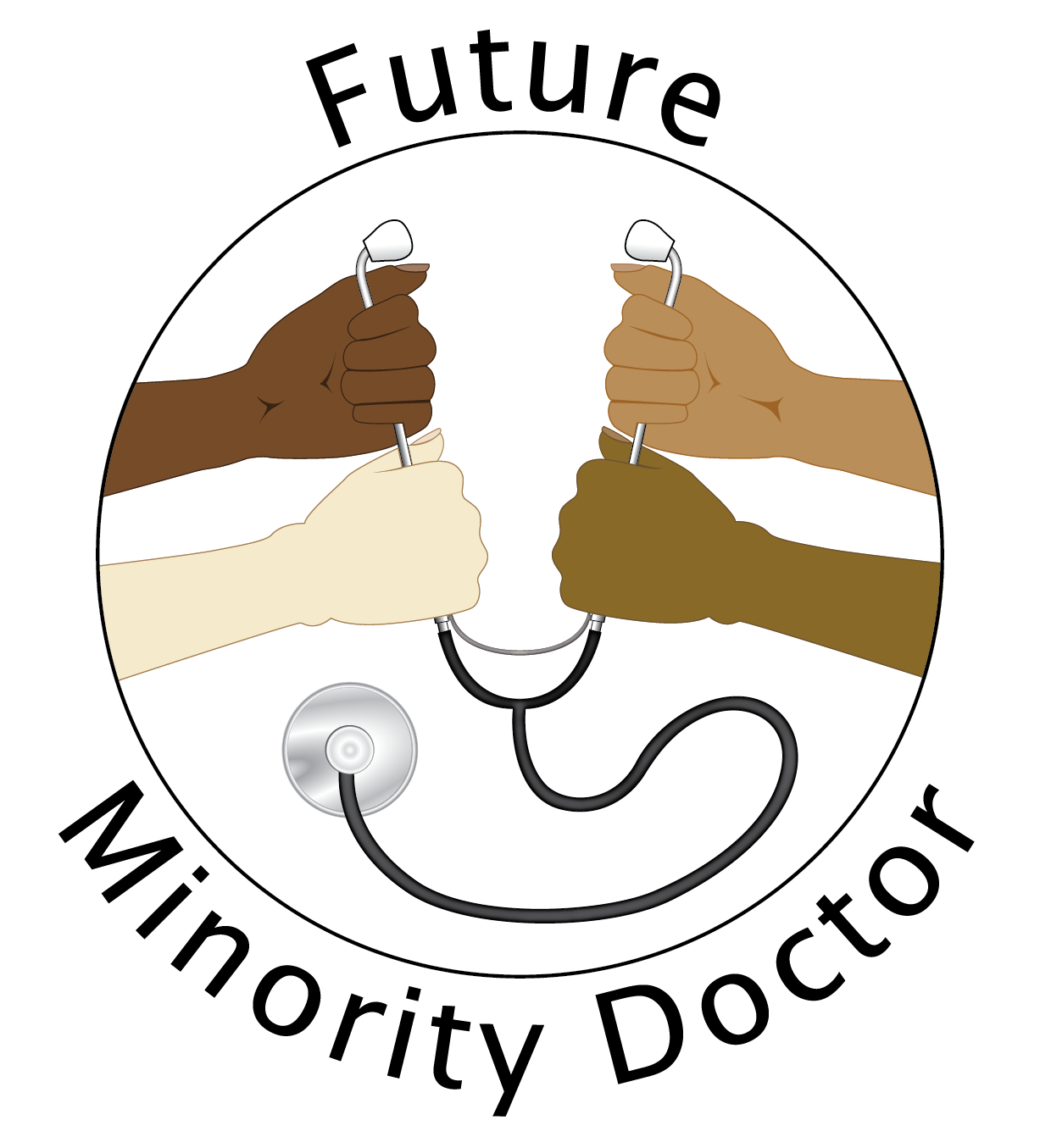Alejandro’s Personal Statement
Growing up I was taught that the cure for digestive problems was “yerba buena”, an herb tea, and that the cause for the flu was going outdoors barefoot. However, when the home remedies my family relied on reached their limit, a hospital visit was required. I would have to accompany my mother to her visits and serve as her translator. As a child, I actually enjoyed going to the hospital and translating for my mother, because, even if it was just for a little while, I felt like I had a glimpse into what it was like to be a doctor. The physician would ask “how much pain are you in?”, and my mother would tell me “dile que no me duele mucho. (Tell him it doesn’t hurt much)”. I was confused by her response because I knew how intense her pain was at home. However, as a child I was captivated by these visits because I was part of the process that was supposed to make my mother feel better. Constant aches and pains shadowed my mother, and as I grew older, I realized that she withheld information from her doctor in fear of being ridiculed for her cultural beliefs and socioeconomic status. These visits to the hospital nurtured my interest in medicine, and the barriers I experienced my family having to overcome fostered a curiosity about the gap between health access and health care.
As I was pursuing the path to medicine, one of the most impactful experiences was my time as a research assistant at UC Irvine. I analyzed audio recordings of patients with type 2 diabetes and studied why health disparities are still prominent despite having increased access to health care. Analysis of the recordings taught me that it’s critical for physicians to treat the patient holistically and tailor their care to address their individual concerns. While each recording represented a patient with unique barriers, one stood out amongst the rest. A patient, only able to speak Spanish, explained how he wants to manage his glucose levels, but unfortunately ran out of glucometer strips a long time ago. The physician asked why he hasn’t bought more strips, paused, and quickly followed up with asking if he was having trouble buying them. I was surprised to hear this question, as it was not commonly asked in our recordings. However, in this situation the physician adequately probed about underlying issues, respected the patient’s concerns and created a treatment regimen that was realistic for the patient to follow. The patient’s financial concerns mirrored my own family’s struggles having to travel to Tijuana to purchase cheaper medications. My time as a research assistant inspired me to continue down the path of becoming a physician but with a motivation and focus to serve underserved communities. This opportunity showed me examples of physicians who could show empathy and compassion toward patients from underserved communities. This inspired me to want to emulate these same qualities as a future physician, serving low-income and underrepresented communities.
My desire to serve medically underserved communities influenced me to shadow at a local free clinic. I worked side by side with physicians, translating between them and their patients. All of who were uninsured and undocumented. Working with this unique population showed me the impact that advocacy can have on health outcomes. One of the first patients I translated for was also one of the most memorable. A patient came in and attributed her poor diet to an addiction to unhealthy foods. While translating for her, I explained to the doctor how she feels that she’s not strong enough to overcome her compulsion of eating comfort foods when she’s alone. The physician continued to probe about her lack of confidence and recognized that her unhealthful habits exacerbated her diabetes. At this point the physician realized that the need for advocacy exceeded the need for medications and focused the conversation towards empowering the patient and building her self-confidence. While working with this patient I came to understand the importance of social support in healthcare and recognized how this concept has always been a part of my life whenever I’d translate for my mother during her doctors visits. The way this physician revealed a fundamental social component of medicine inspired me, and the way he holistically treated this patient gave me a role model to follow. This interaction nurtured a desire to be a physician-leader, one who will advocate for patients to ensure that their voices are heard.
The obstacles my mother had to overcome reflected similar barriers faced by the patients I was exposed to during my time as a research assistant and medical translator. However, it’s also made me recognize that there are many patients from disadvantaged backgrounds/underserved communities who need care from culturally competent physicians. Collectively, these experiences have developed my perspective towards medicine and helped me realize my sincere passion for bridging the disparity between the underserved Latino communities and healthcare providers. I want to be the type of doctor who works with the community not just in the community; I want to be the type of doctor I wish my own family had when I was growing up.
Character Count: 5215 (limit is 5300)

